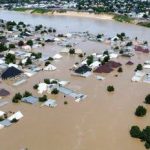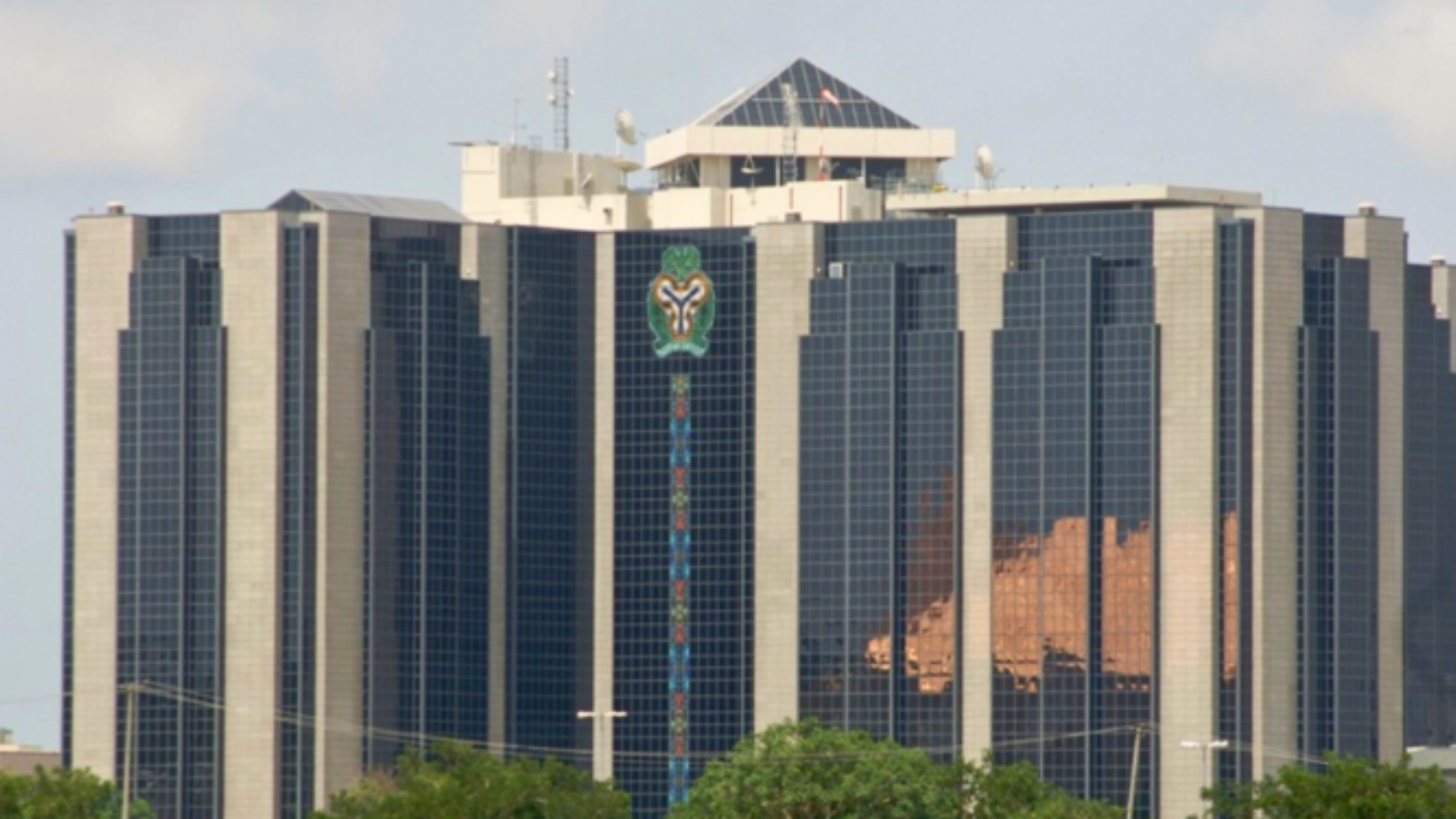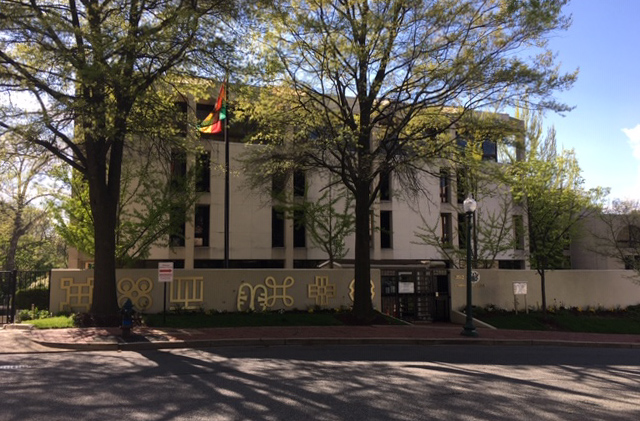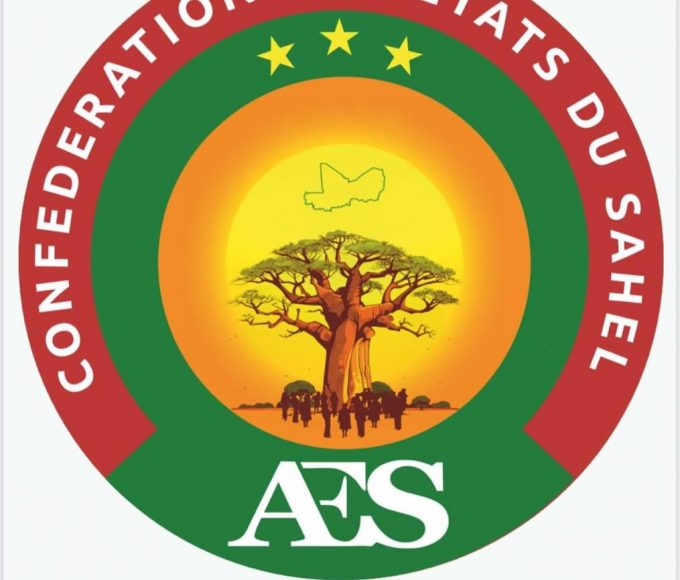
The Central Bank of Nigeria (CBN) has temporarily withdrawn its publication on Monetary, Credit, Foreign Trade, and Exchange Policy Guidelines for the fiscal years 2024-2025.
In a statement released by the apex bank, this is due to concerns following what it termed “misrepresentation” and “misinterpretation” within certain provisions contained in the guidelines by some unnamed media outlets, particularly on the Cybersecurity Levy.
Clarifying what led to the “misrepresentation” and “misinterpretation,” CBN cited a compilation of previous policies and guidelines issued on September 17, 2024.
The apex bank added, “In line with prior editions, the most recent publication (January 2024) contains policies and guidelines issued by the Bank up to 31st December 2023, some of which will remain relevant from 2024 – 2025.”
Highlighting more clarification, CBN revisited its statement contained in the guidelines, stating that it is subject to adjustment without prior notice.
The guidelines may be adjusted by the CBN without prior notice to address new developments in the domestic and global economies during the period. However, such amendments shall be communicated to the relevant institutions/stakeholders in supplementary circulars (Page 8, Paragraph 1),” the statement reads.
Citing further clarifications, CBN noted that the misrepresented Cybersecurity levy was suspended in May 2024, in effect to the previous adjustment referenced.
One such example is the Cybersecurity Levy, which was suspended earlier this year, but this wasn’t reflected in the initial guidelines because of the cut-off date,” the bank explained.
While CBN further addressed technical aspects of the guidelines, it noted that its initial observations were intended to highlight potential economic risks and suggest possible mitigation measures, which had evolved due to more recent monetary and fiscal policies.
“They are not new directives and should not be reported as such,” it added.
Read: Again, UI Students Protest Hike In School Fees
About The Author
Mayowa Durosinmi
author
M. Durosinmi is a West Africa Weekly investigative reporter covering Politics, Human Rights, Health, and Security in West Africa and the Sahel Region
Mayowa Durosinmi
M. Durosinmi is a West Africa Weekly investigative reporter covering Politics, Human Rights, Health, and Security in West Africa and the Sahel Region
Related Articles
Cotê D’Ivoire: Thousands Rally in Abidjan as Opposition Demands Electoral Reforms Ahead of October Election
Thousands of opposition supporters gathered in Abidjan on Saturday, May 31, to...
ByJoy ChukwuJune 1, 2025Togo Stops Issuing Mining Permits to Reform Outdated Mining Code
Togo has suspended the issuance of new mining permits for prospecting and...
ByJoy ChukwuJune 1, 2025ICYMI: Ghana Shuts Down Washington Embassy Over Visa Fraud Scandal
Ghana has temporarily closed its embassy in Washington, D.C., following the uncovering...
ByJoy ChukwuMay 31, 2025Confederation of Sahel States Moves to Establish Joint Judicial Body
The Confederation of Sahel States (CSS), comprising Mali, Niger, and Burkina Faso,...
ByJoy ChukwuMay 31, 2025












